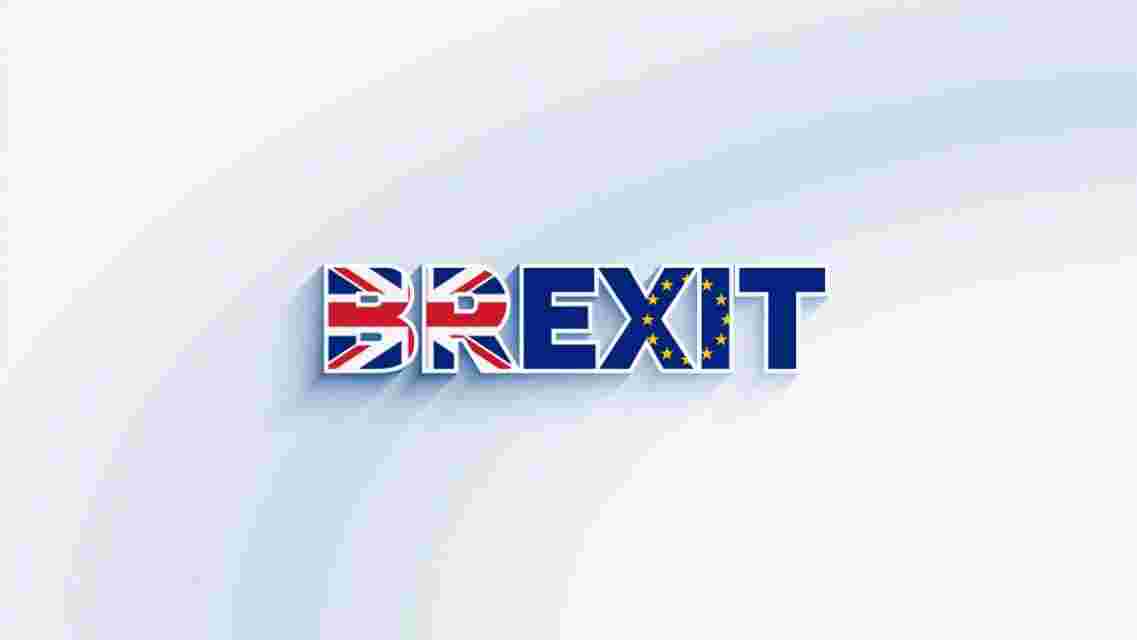The United Kingdom's exit from the European Union (EU), commonly abbreviated as Brexit (British Exit) is the possibility (process and plan) of the United Kingdom's withdrawal from the European Union as a result of the Brexit referendum held on Thursday, 23 June 2016. The Brexit referendum was held to decide whether the United Kingdom should leave or remain in the European Union. The referendum was attended by 30 million voters, meaning that the total participation in it reached 71.8% of the eligible voting population in the United Kingdom. The result itself was 51.9% voted to leave the European Union and 48.1% voted to remain in the European Union.
European Union (EU) Profile at a Glance
The European Union is an organization consisting of European countries with the aim of cooperating in the economic and political fields on the European continent. As of July 1, 2013, the EU has 28 member countries that have joined it. The EU was founded under the European Union Treaty known as the Maastricht Treaty in 1992. In addition to the UK, several large countries in Europe are also members, such as France, Italy, Sweden, Germany, and other countries.
The EU works with a single market mechanism that unites various economic and political policies. Countries that are members of the EU also have the same currency, namely the Euro, except for the UK with its Pound Sterling (GBP).
Actually, there are many positive things that its members get from the formation of this EU. It would be a shame if the UK wanted to separate from it. Some of the benefits of this cooperation include ease of export-import transactions in the EU area, access to EU airspace, and so on.
Reasons for Wanting to Leave the EU
Apparently behind the various benefits of cooperation between EU members, the UK feels a lot of incompatibility with it. The UK intends to be more independent in governing its own country and be fully sovereign. Second, the UK feels disturbed by the rules set in Brussels, the EU headquarters, where they believe it prevents businesses from operating efficiently.
In addition, the issue of migrants is the third and main reason that sparked the Brexit debate. This issue is contrary to the EU's policy of freeing its members to work and live in any country in the EU area. For the UK, the presence of migrants causes various problems such as unemployment, the education system, traffic jams, health, and other problems.
Reviewing its history, the UK itself began joining the European Community (European Union) in 1973. Even so, there was a push to hold a referendum from many parties who did not agree if the UK joined the EU. So in 1975 a referendum was held in 1975, but the results of the referendum actually won the party that agreed to join, thus further legitimizing the UK's policy to remain in the EU.
In the 1970s and 1980s, the discourse to withdraw from the EU was mainly raised by members and figures from the Labour Party and Trade Unions. Starting in the 1990s, strong supporters of this discourse were the United Kingdom Independence Party (UKIP) and members of the Conservative Party who held "Eurosceptic" views.
This is what causes the movement of the Pound against the US Dollar to be very volatile. In the past few months, the Pound has indeed shown extreme Highs and Lows against the US Dollar, especially when approaching the Brexit deadline. The British currency rallied to $1.32 in May, but then fell below $1.20 in late August.
Sterling volatility has even surpassed the Turkish Lira when entering early 2019. However, at the beginning of this month, the Pound's volatility has calmed down as the British parliament will be on holiday until mid-October.
In the course of Brexit, it is known as the term "hard Brexit" and "soft Brexit" and we will review the impact on the UK if there is a hard or soft Brexit. The terms Hard Brexit and Soft Brexit are unofficial terms that are widely used by the mass media to describe the possible results of negotiations on Britain's withdrawal from the European Union.
This term itself does not have a clear meaning in describing Brexit, and can also have different meanings for each person, but in general this term refers to the closeness of the UK's relationship with the European Union after Brexit later.
Hard Brexit, is a term that describes the failure of negotiations and the absence of an agreement between the UK and the EU when the UK officially leaves later. This could make the UK's trade pattern with the EU like other non-EU countries. Which is only protected under the rules of the World Trade Organization, but also without requiring the UK to accept immigrants from the EU freely as is currently the case.
Meanwhile, Soft Brexit means that even though the UK leaves the European Union, the UK is still given the opportunity to maintain its membership in the EU single market for the provision of goods and services, and with at least some relaxation of the freedom of movement of people (immigrants), in accordance with the rules of the European Economic Area. The views of the chairman of the Bank of England (BoE) Mark Carney regarding Brexit:
"Sterling volatility, if you really want to know, is at emerging market levels and has been isolated from developed currencies for obvious reasons," Carney replied. "A variety of other indicators suggest that financial markets are moving substantially in one direction or the other, depending on how Brexit plays out," he added.
Concluding his statement, Carney emphasized that the current economic slowdown is inevitable. He also said that negative interest rates are not a suitable tool for the UK at this time. However, there is still a solution to deal with it, namely by regulating fiscal policy. Impact on GBP.
Bank of England (BoE) Governor Mark Carney stated that the UK economy is expected to be sluggish as long as the UK's agreement to leave the European Union or Brexit has not reached a bright spot. Moreover, if hard Brexit really happens, the GBP's position will be even more shaky. Hard Brexit means that Brexit is still forced to run even though an agreement has not been reached. Many analysts predict that if this happens it could erode the GBP by up to 25%.
The hard Brexit condition is very feared by market players for the UK and EU economy. This fear was also reiterated by UK Trade Minister Liam Fox. He said that the probability of the UK leaving the EU without a deal has reached 60%. The high uncertainty about the future of the UK has caused the pound sterling to fall sharply in recent times.
Conclusion
Brexit uncertainty is lurking in the GBP price and the world economy. There are 3 options that can be taken for the Brexit case, namely hard, a second referendum, or Brexit cancellation. Hard Brexit is the most bitter option for GBP. Analysts even estimate that it could cause GBP to erode by 25%. Although GBP could be carried into a continuing bearish trend, of course there will be corrections or even price reversals at any time. All of this will be answered in October...
Visit GIC Indonesia to get information about the world of trading. You can also join us in the Telegram Community GIC Trade and Telegram Channel GIC Trade. Don't forget to check the Youtube account GIC Indonesia which is full of lots of information, and follow our Instagram account to get information about various interesting webinars that you can follow.
 Last:
Last: 







